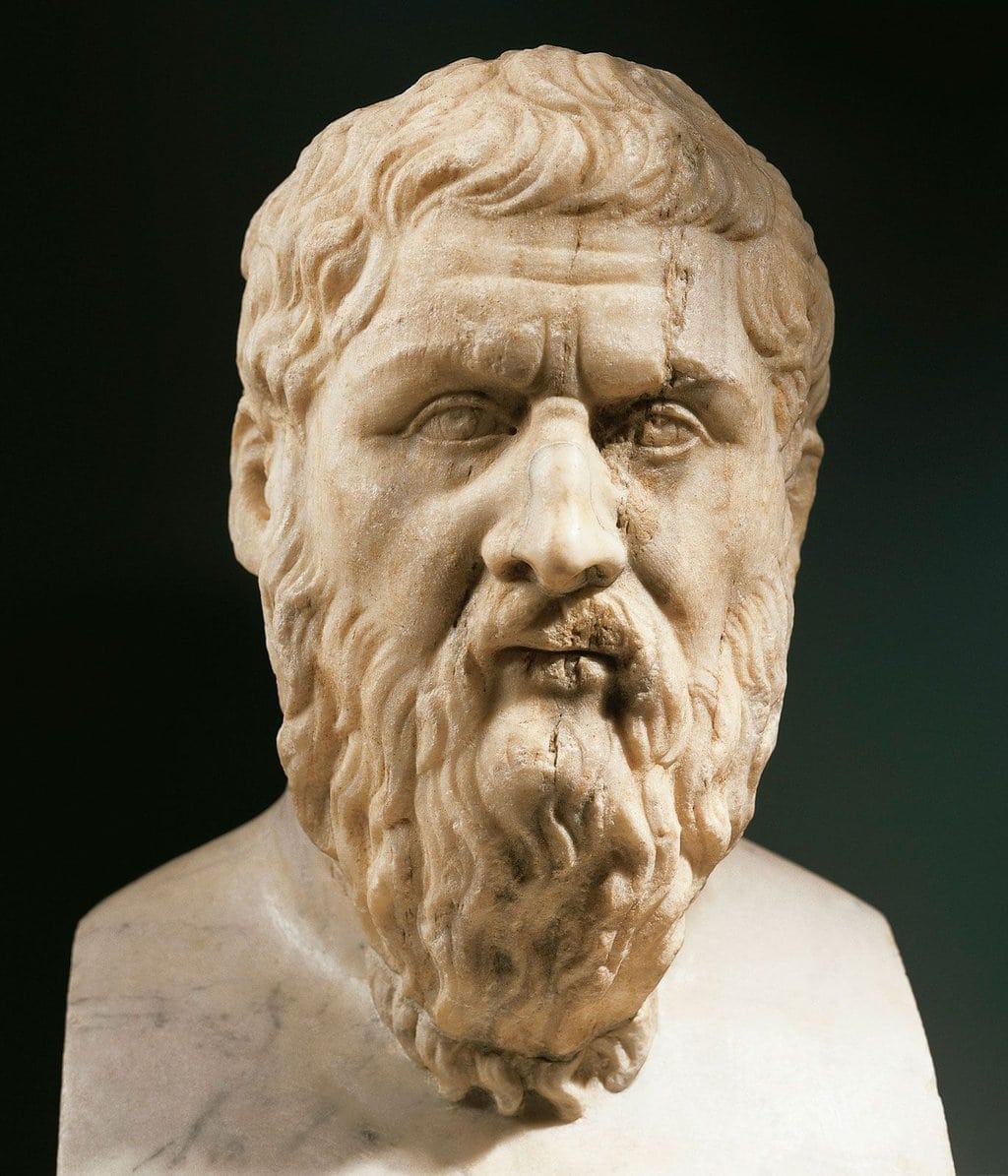Plato's Concept of Virtues/Cardinal Virtues | UPSC Mains: Ethics, Integrity & Aptitude PDF Download
Plato's Concept of Virtues/Cardinal Virtues

Plato (427 BC-347 BC) was a renowned Greek philosopher and a dedicated follower of Socrates. His theory of cardinal virtues is rooted in his understanding of virtue. Plato believed that goodness is achieved when humans function according to their natural and proper capacities. He also argued that humans are inherently social, making society an essential context for moral life. Socrates taught that virtue is knowledge, meaning that understanding the nature of moral virtues is crucial to becoming virtuous. However, for Plato, simply knowing about virtue is not enough; one must cultivate it by consistently performing morally good actions. For him, a good life is a life led by virtues.
Plato identified four key virtues in his theory of morality:
- Wisdom
- Courage
- Temperance
- Justice
According to Plato, cultivating these four virtues forms the foundation of a morally good life. These virtues later came to be known as the 'Cardinal virtues.' The term 'cardinal' comes from the word 'Cardo,' meaning a hinge or hook that supports and allows a door to turn. The four cardinal virtues are essential because they support the moral life of an individual in society. Other virtues depend on these core virtues and are thus subordinate to them.
According to Plato, the key to moral life lies in the proper integration of the three parts of the self. These three elements or parts of a person are:
- The Passionate or Appetitive Element (Desires)
- The Spirited or Dynamic & Executive Element (Will)
- The Philosophical or Rational Element (Reason or Intellect)
This integration can be achieved when the spirited element assists reason in controlling the passions. Plato believes the four cardinal virtues hold both individual and social importance. They are present both in individuals and in society. Human beings are rational and social by nature, with an inherent inclination to live in communities. The morality of society mirrors that of the individual. Plato asserts that society is simply an enlarged version of the individual, as it is composed of individuals.
|
78 videos|140 docs
|
FAQs on Plato's Concept of Virtues/Cardinal Virtues - UPSC Mains: Ethics, Integrity & Aptitude
| 1. What are the cardinal virtues according to Plato? |  |
| 2. How does Plato define each of the cardinal virtues? |  |
| 3. Why are the cardinal virtues important in Plato's philosophy? |  |
| 4. How do the cardinal virtues relate to Plato's concept of the ideal state? |  |
| 5. Can the cardinal virtues be applied in modern times? |  |





















